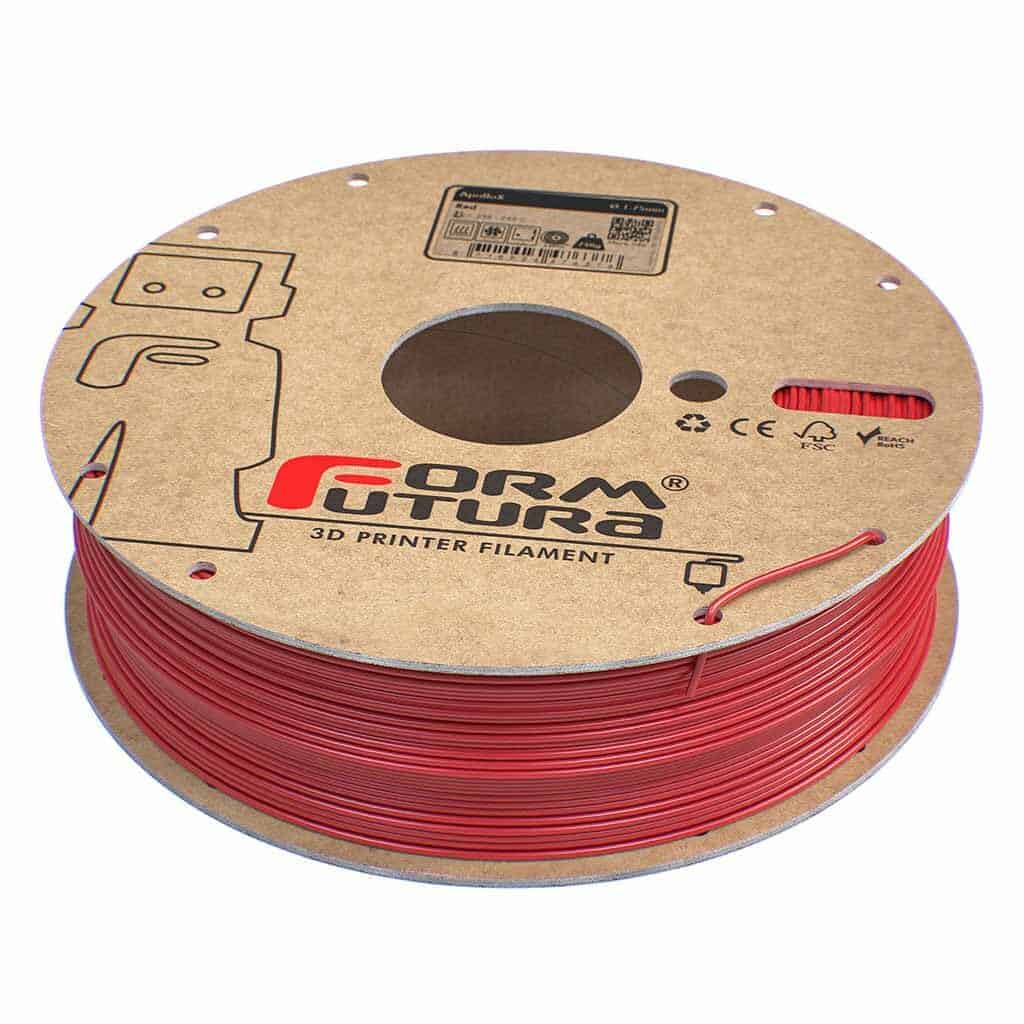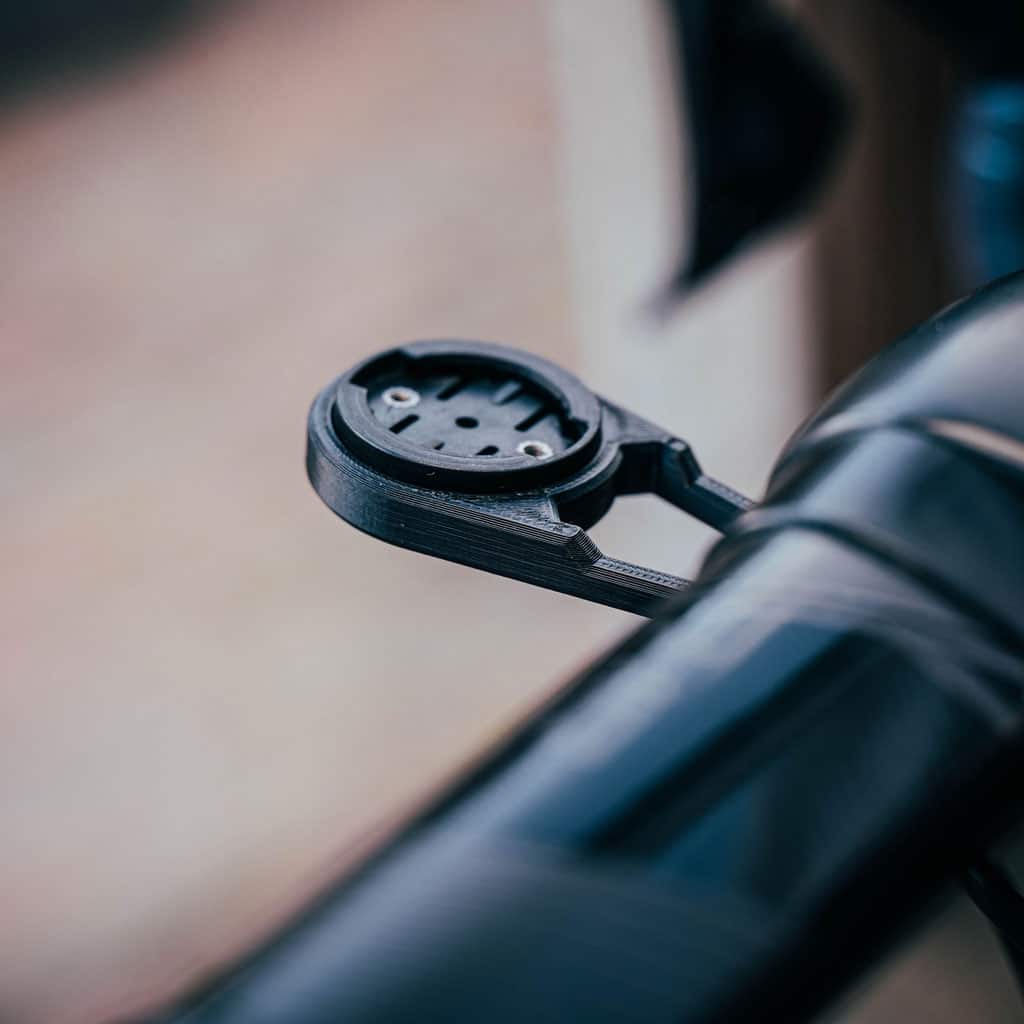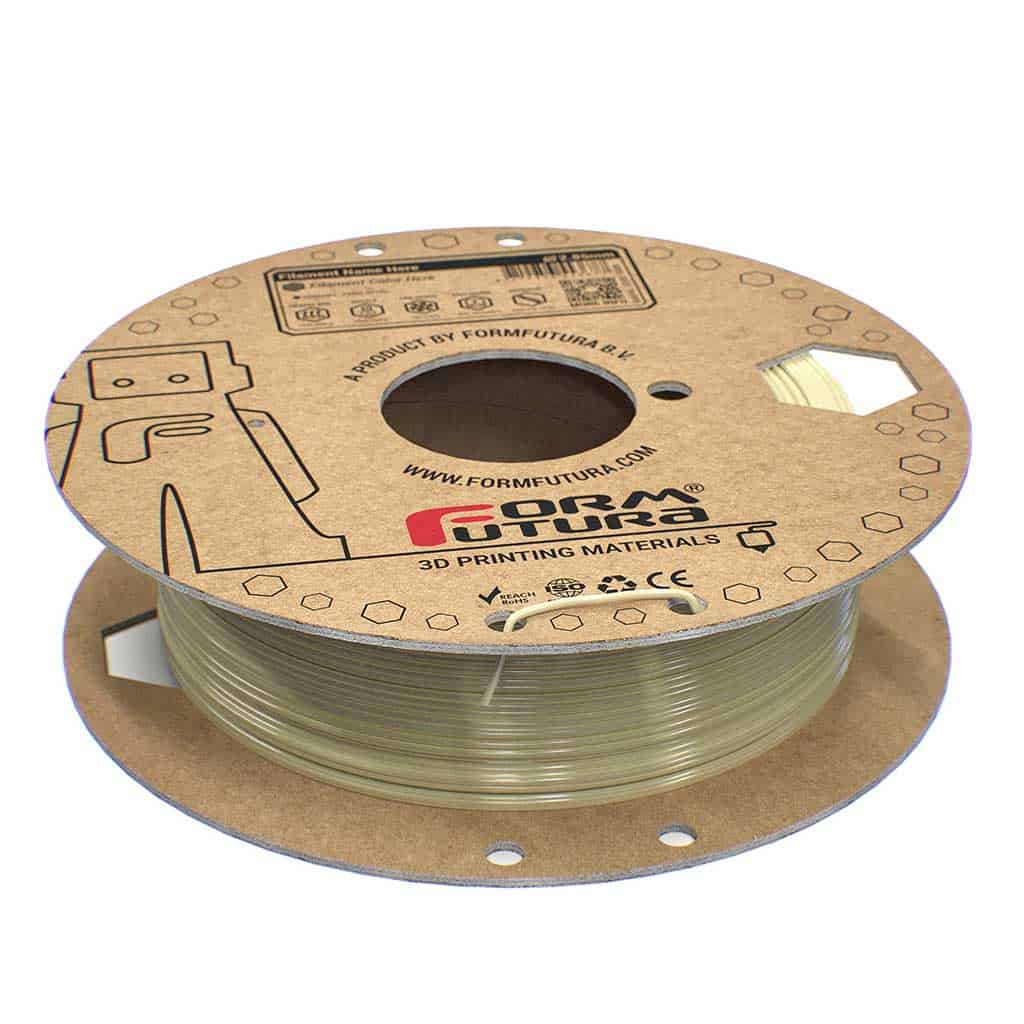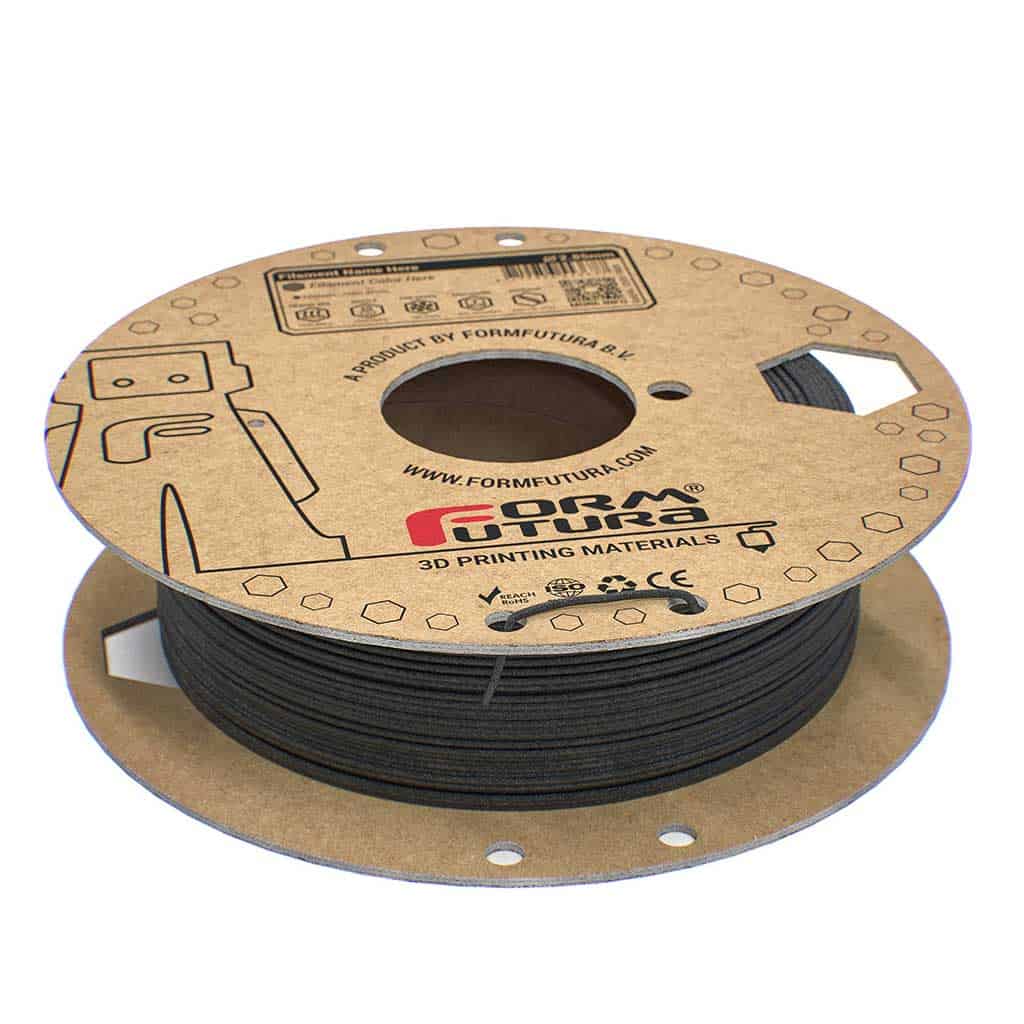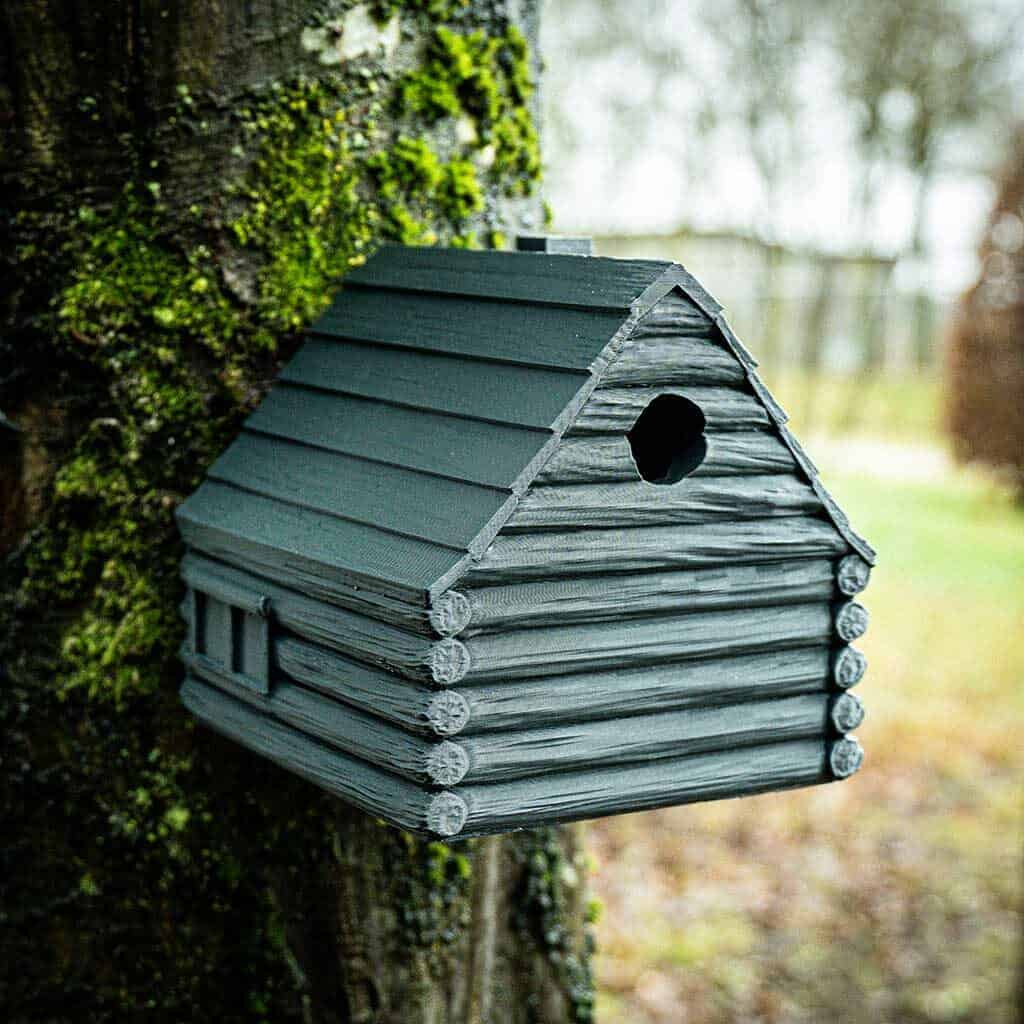Material Guide – ApolloX
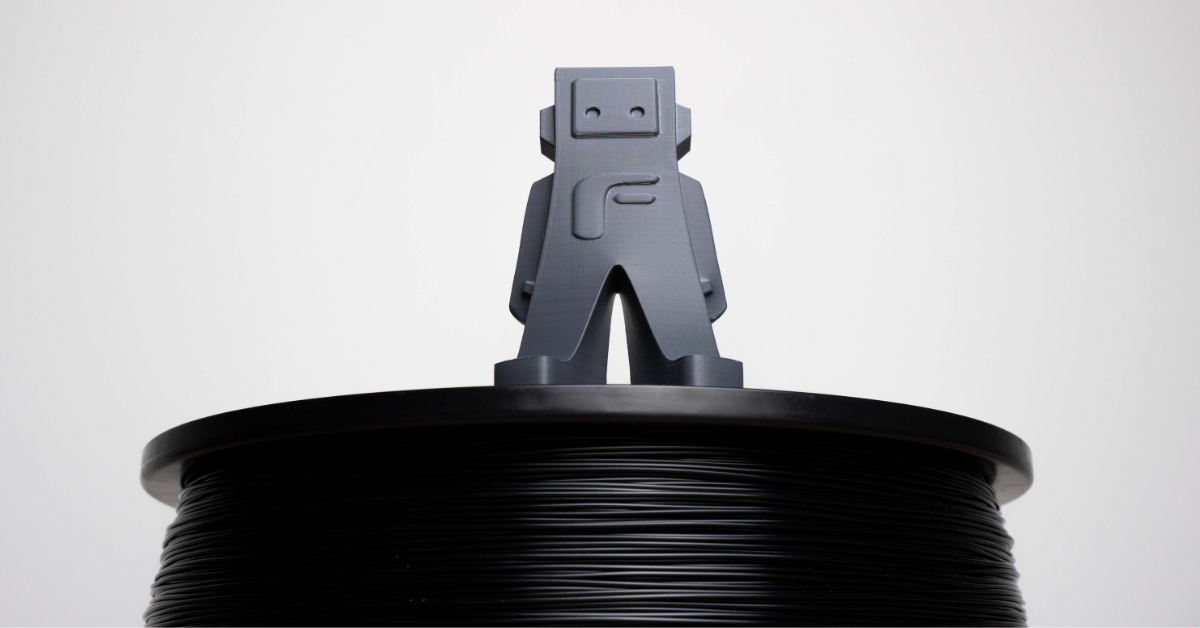
ASA (Acrylonitrile Styrene Acrylate) is a popular engineering-grade thermoplastic that offers excellent weather resistance, UV stability, and mechanical strength. FormFutura’s ApolloX ASA is known for taking these properties to the next level, making it an ideal choice for functional and outdoor applications.
In this Material Guide, we’ll explore what makes ApolloX ASA special, its key properties, and how to get the best results when 3D printing with it.
What is ApolloX ASA?
ApolloX is a high-performance, UV-resistant ASA 3D printer filament developed for industrial-grade 3D printing. Unlike standard ASA, ApolloX is modified to ensure improved thermal stability, interlayer adhesion, and reduced warping. This makes it a perfect alternative to ABS, offering similar mechanical properties while significantly enhancing outdoor durability.
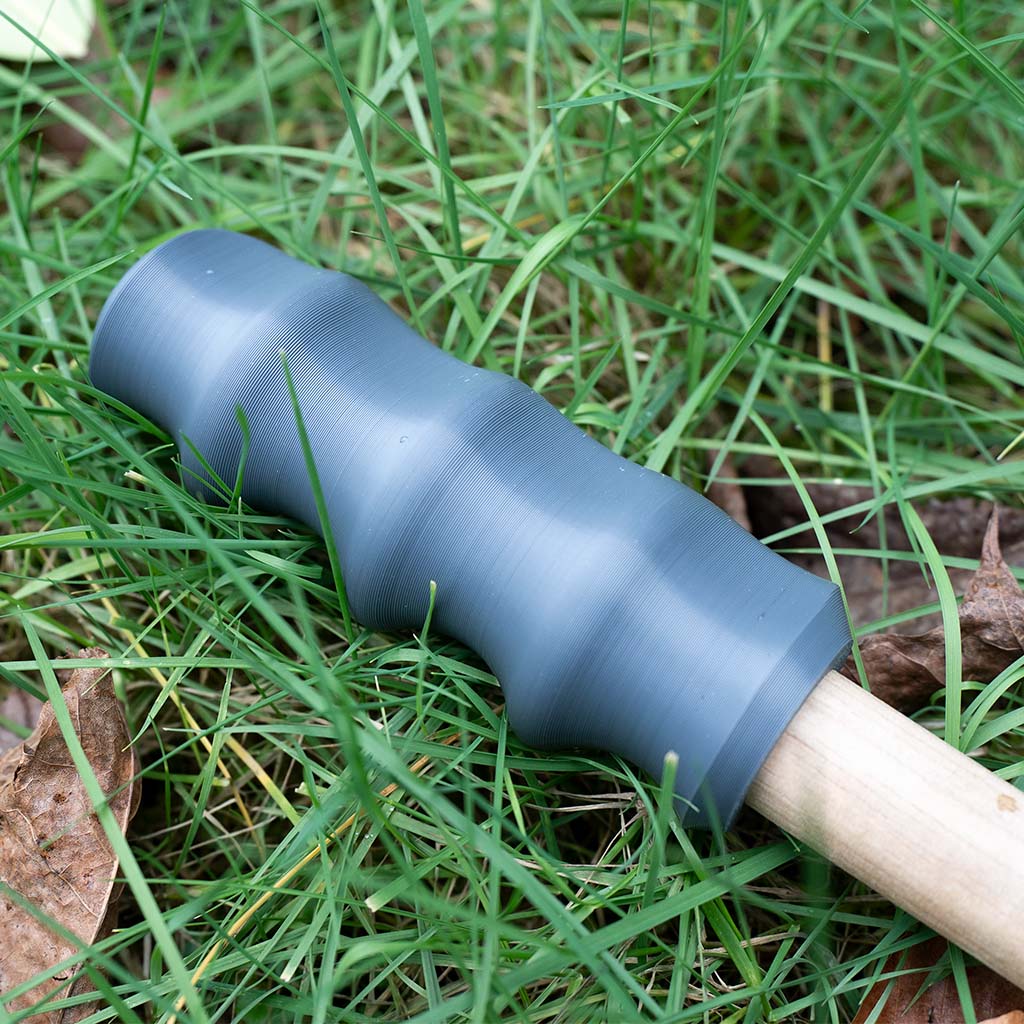
Key Features of ApolloX ASA
UV and weather resistance – Ideal for outdoor applications as it won’t degrade under sunlight or extreme weather conditions.
High impact strength – Tough and durable, making it suitable for mechanical parts.
Excellent layer adhesion – Reduces delamination and ensures strong, functional prints.
Reduced warping – Prints reliably without excessive shrinkage.
Heat resistance – Withstands higher temperatures than PLA and PETG.
Chemical resistance – Resists oils, greases, and many industrial chemicals.
Applications of ApolloX ASA
ApolloX is widely used in industrial and functional applications where durability and weather resistance are crucial. Some of the most common applications include:
Automotive parts – Ideal for exterior trims, housings, and functional prototypes.
Outdoor enclosures – Perfect for electrical boxes, sensor casings, and other exposed components.
Engineering prototypes – Great for mechanical and structural testing.
Signage and displays – Maintains color and strength even in direct sunlight.
Drones and RC components – Withstands impact and environmental stress.

How to 3D Print with ApolloX ASA
To achieve the best results when printing with ApolloX, it’s essential to follow the recommended print settings and preparation techniques.
Recommended Print Settings
| Parameter | Recommended Value |
|---|---|
| Nozzle Temp. | 235 – 255°C |
| Bed Temp. | 80 – 100°C |
| Print Speed | 30 – 60 mm/s |
| Cooling Fan | Off or low |
| Enclosure | Recommended |
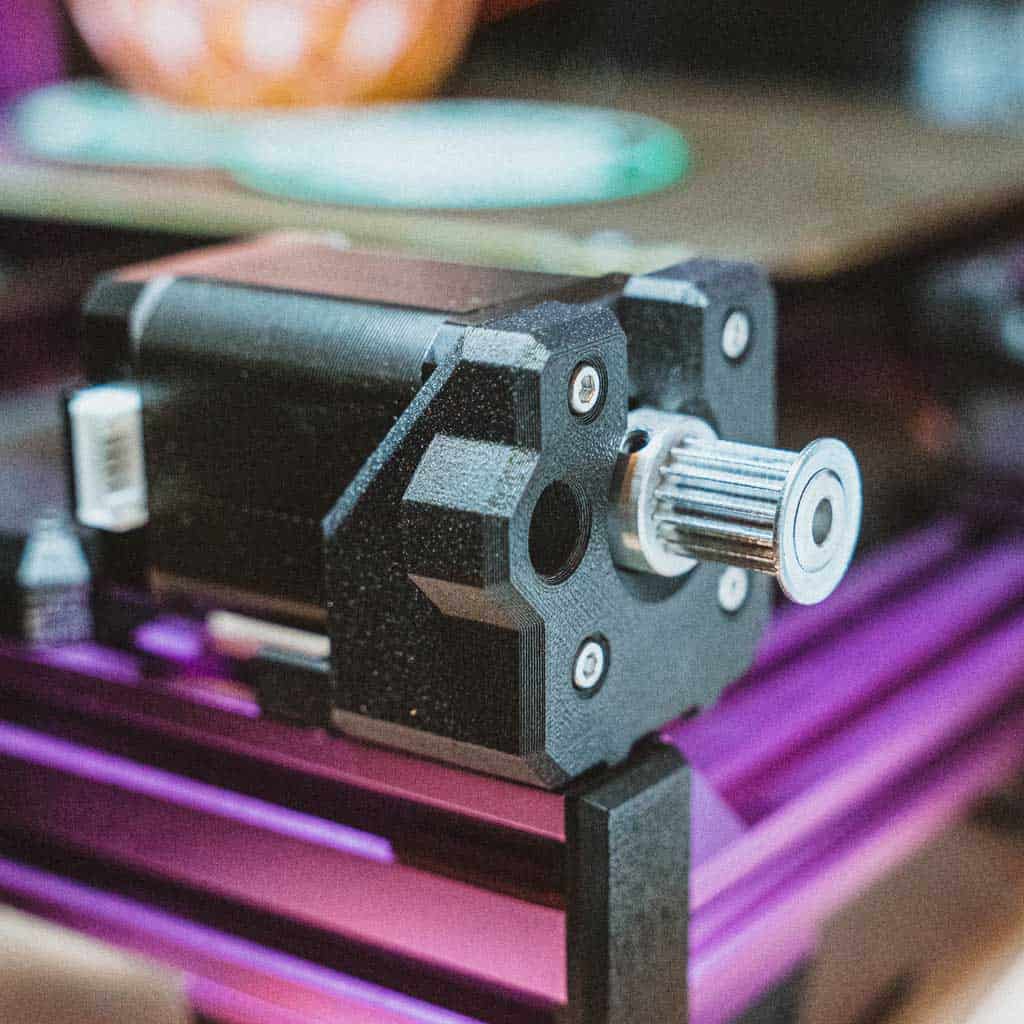
Tips for Optimal Printing
Use an enclosure – Helps maintain a stable temperature and reduces warping.
Bed adhesion techniques – A heated bed with PEI sheets, ABS juice, or Kapton tape ensures strong first-layer adhesion.
Reduce cooling – Too much cooling can lead to weaker layer adhesion; keep the fan off or at low speeds.
Proper ventilation – Like ABS, ASA emits fumes, so ensure a well-ventilated workspace.
Post-processing – Can be smoothed with acetone vapor for a glossy finish.
Why Choose ApolloX ASA?
Compared to standard ASA and ABS, ApolloX is specially engineered to offer superior printability without compromising strength. Its enhanced weather resistance makes it the perfect filament for outdoor and industrial applications. Whether you’re printing automotive parts, functional prototypes, or weatherproof enclosures, ApolloX ensures consistent, high-quality results.
ApolloX Variants
FormFutura offers different ApolloX variants tailored to specific applications. These include:
ApolloX CF10 – Reinforced with 10% carbon fiber, ApolloX CF10 provides increased stiffness, higher strength, and improved thermal stability. This variant is ideal for automotive, aerospace, and engineering applications requiring lightweight yet highly durable parts.
ApolloX Kevlar – Infused with Kevlar fibers, this variant offers exceptional impact resistance and wear resistance, making it perfect for protective casings, high-durability mechanical parts, and extreme environment applications.
rApollo – A recycled ASA-based filament designed for sustainable 3D printing. It retains the strong mechanical properties of ApolloX while contributing to eco-friendly manufacturing practices, making it an excellent choice for environmentally conscious prototyping and production.
Each variant maintains the core advantages of ApolloX ASA while offering specialized properties for advanced use cases.
Final Thoughts
If you need a durable, UV-resistant, and high-performance filament for your next 3D printing project, ApolloX ASA is the way to go. With its excellent mechanical properties and ease of use, it’s a top choice for professionals and enthusiasts alike.
Check out FormFutura ApolloX ASA today!

